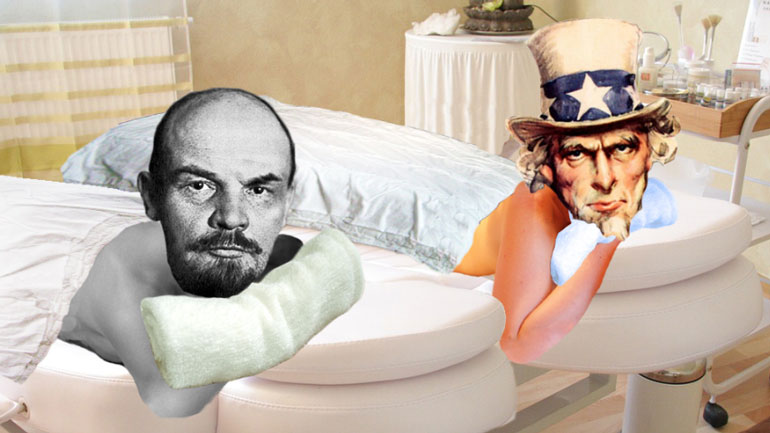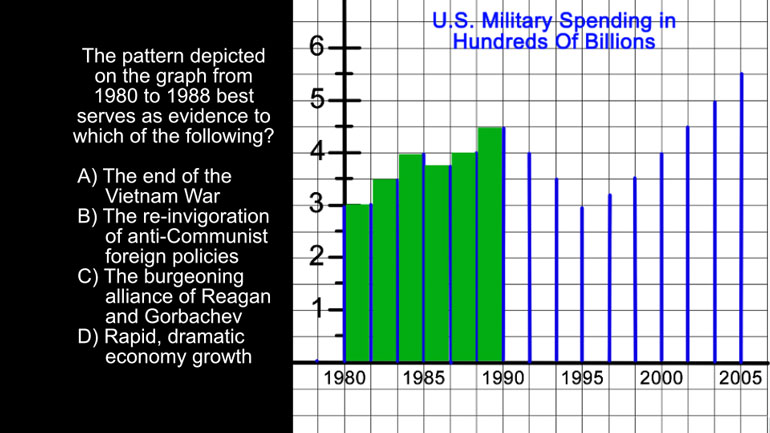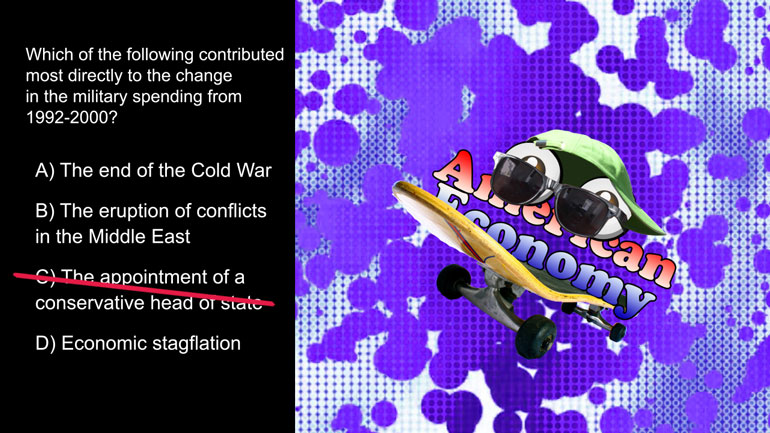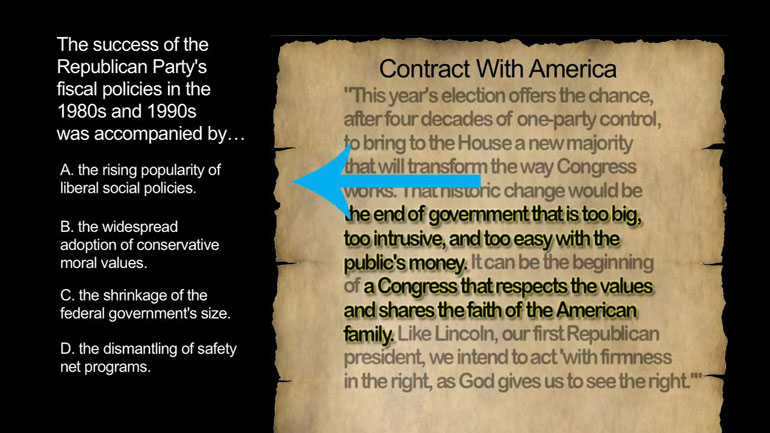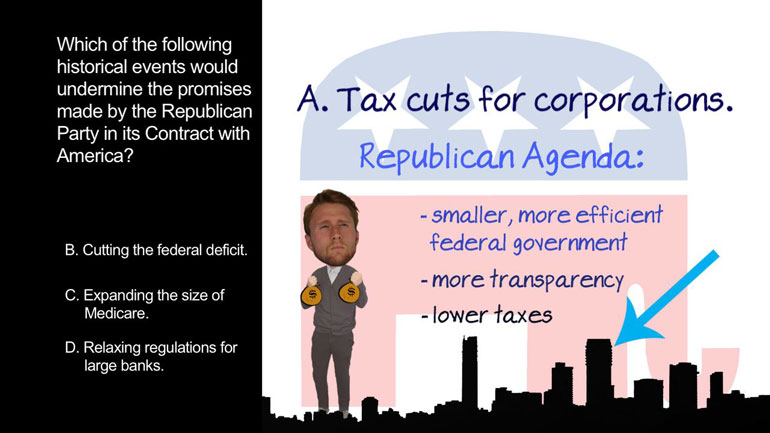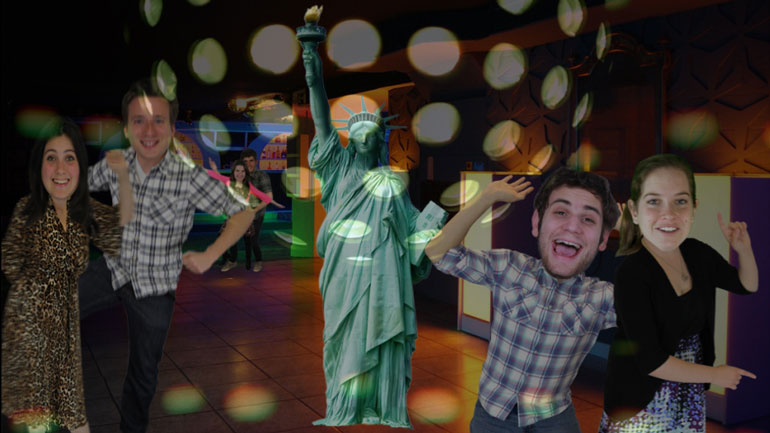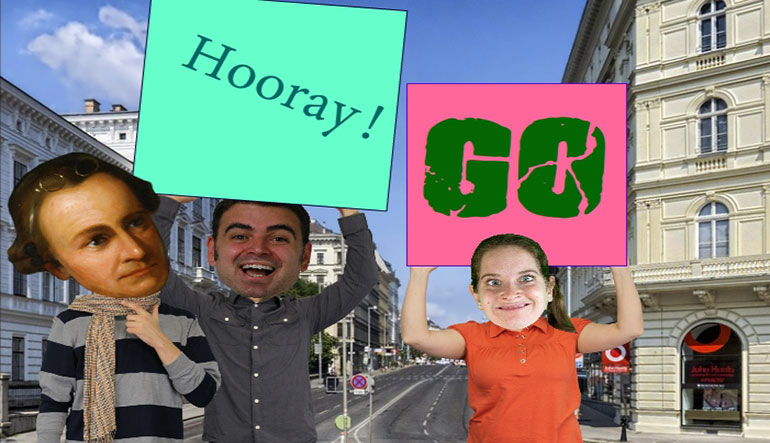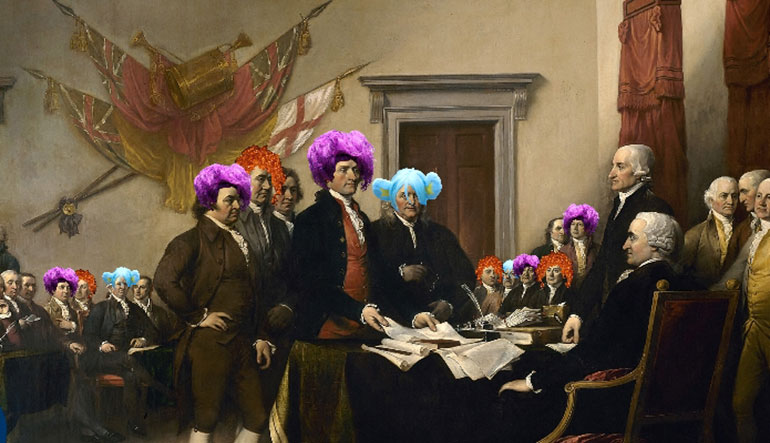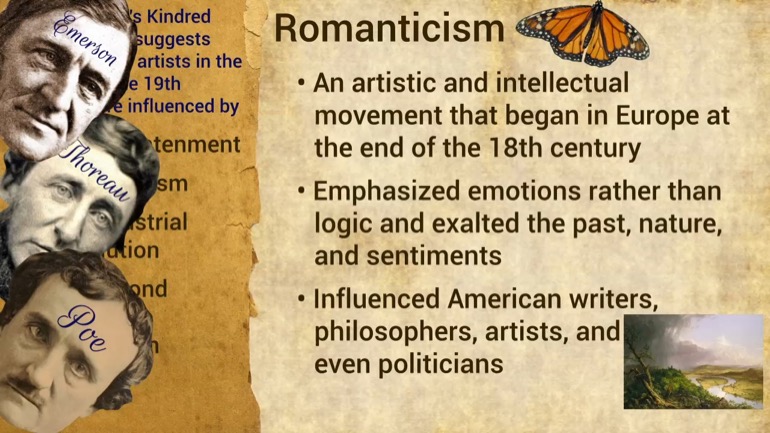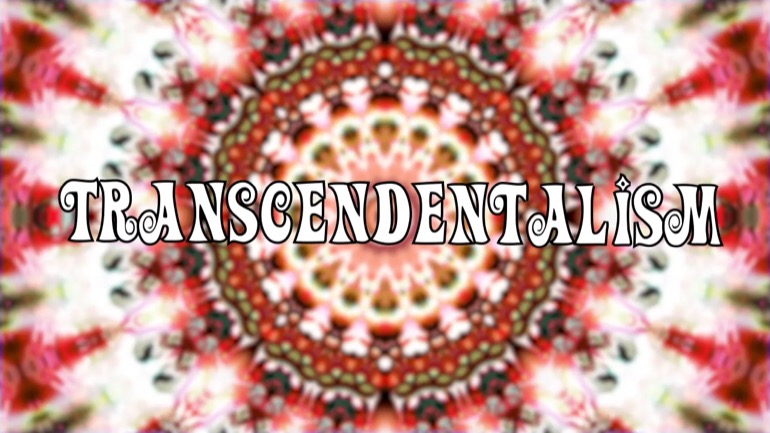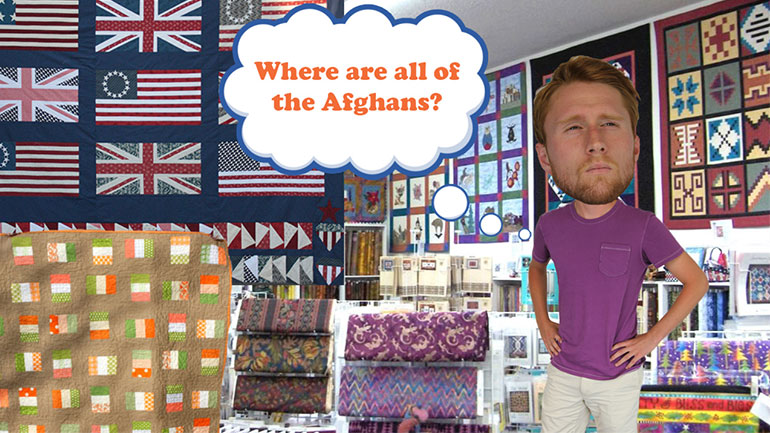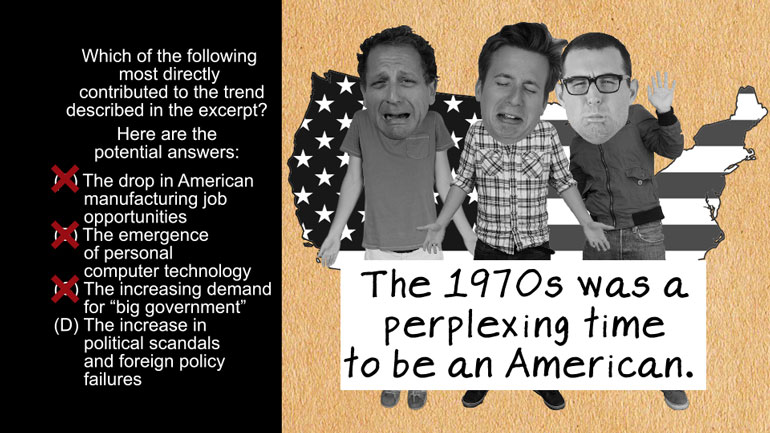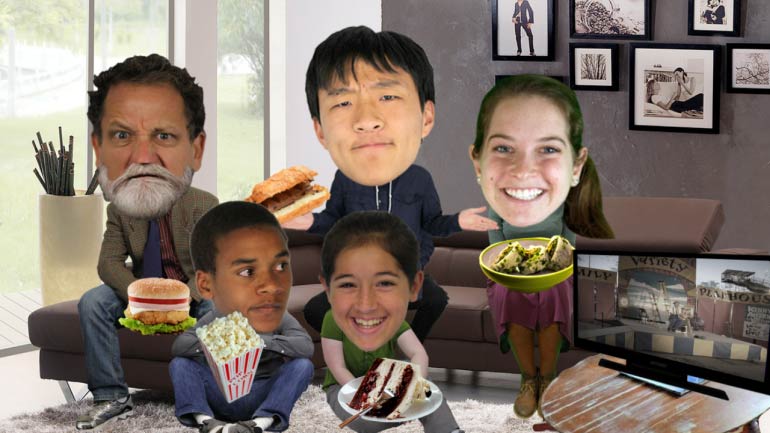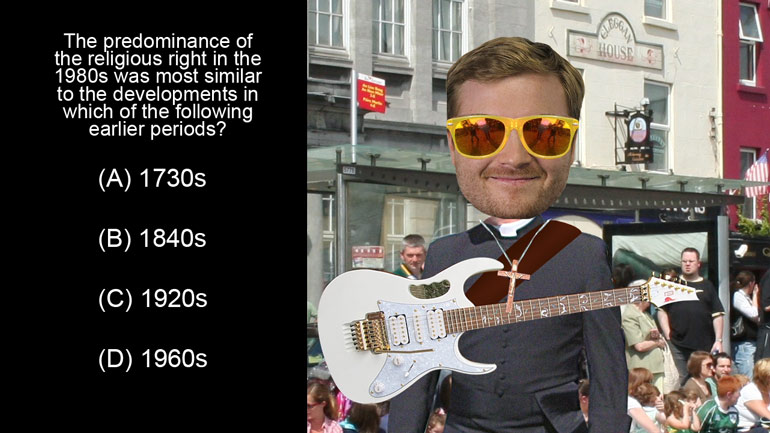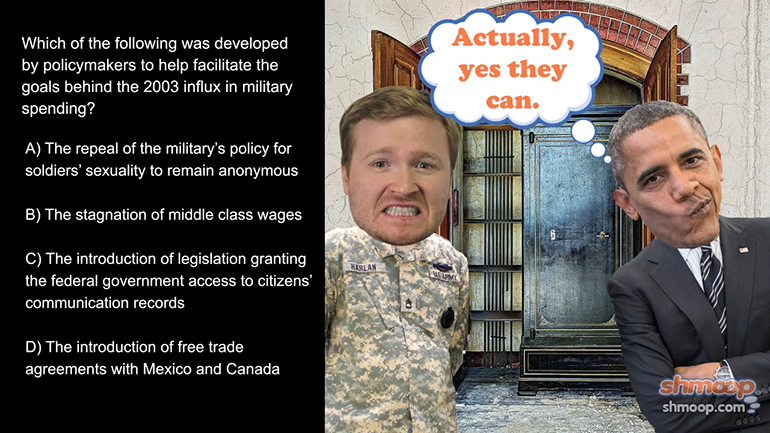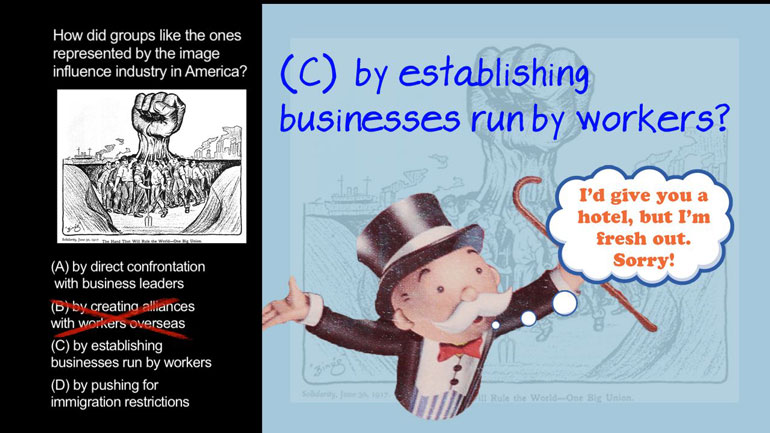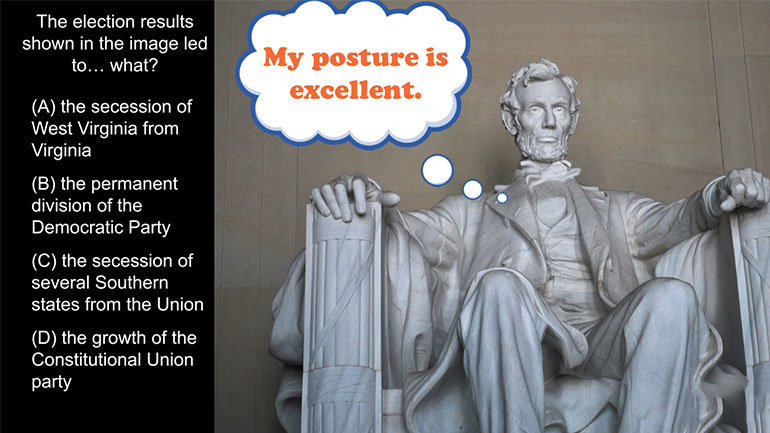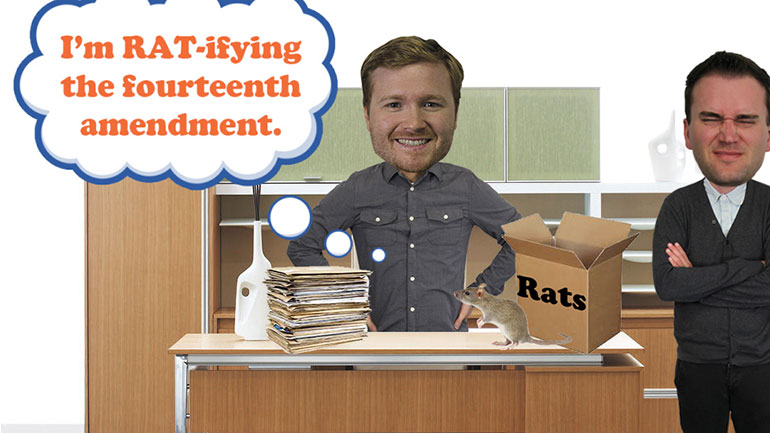ShmoopTube
Where Monty Python meets your 10th grade teacher.
Search Thousands of Shmoop Videos
Period 9: 1980-Present Videos 17 videos
AP U.S. History 1.3 Period 9: 1980-Present. Reagan's statement reflects what shift in American relations with regards to the Soviet Union?
AP U.S. History 3.3 Period 9: 1980-Present. The pattern depicted on the graph from 1980 to 1988 best serves as evidence to which of the following?
Military spending can be a big issue. Especially when the military overspends on pricey electronics. It's like, how many Playstations do you people...
AP U.S. History 1.6 Period 9: 1980-Present 185 Views
Share It!
Description:
In this AP U.S. History question figure out what the sentiment expressed in the passage relates most strongly to. AP U.S. History: Populism Drill 1, Problem 3
Transcript
- 00:00
[ musical flourish ]
- 00:02
And here's your Shmoop du jour, brought to you by light years,
- 00:05
another measurement of non-human aging.
- 00:09
Yeah. You know, remember Buzz? All right.
- 00:10
Check out the excerpt.
Full Transcript
- 00:11
[ mumbles ]
- 00:19
And the question:
- 00:20
The sentiment expressed above relates most strongly to tension between... what...
- 00:25
and what?
- 00:26
Hmm. [ mumbles ]
- 00:30
All right. Okay, so let's figure out the vibe of
- 00:32
what this author is saying.
- 00:34
Take that first sentence.
- 00:36
"Unfortunately, the government has
- 00:38
implemented measures that go light years beyond
- 00:40
anything conceivably necessary to combat terrorism."
- 00:45
Huh. Seems like he's a little twisted up about
- 00:47
that PATRIOT Act, which gave the U.S. government
- 00:49
sweeping powers to monitor individuals
- 00:52
thought to have connections with terrorist threats.
- 00:55
So let's see which answer best describes that push/pull.
- 00:58
All right, does the sentiment in the excerpt
- 01:00
relate most strongly to the tension between A -
- 01:03
the federal government and the states' rights?
- 01:06
Hmm. Well, the debate around national security
- 01:08
sorta transcends arguments about federal versus states' rights,
- 01:12
or the efficiency of the government, for that matter.
- 01:15
So that knocks out A and B.
- 01:17
Is the argument about the limits of government surveillance
- 01:20
related to discussions of D -
- 01:22
interventionism and isolationism?
- 01:26
Hmm. Well we're talking about civil liberties here, and that's
- 01:29
domestic policy, not foreign policy.
- 01:32
So D is out of this particular world.
- 01:34
Which means that the sentiment expressed in the excerpt
- 01:36
most strongly relates to the tension between C -
- 01:39
individual rights and collective security.
- 01:42
Like what's the right of the individual versus the right of the
- 01:45
country to remain free and look strong and all that.
- 01:48
All right, since even before the founding of the country,
- 01:51
there has been tension between individual rights
- 01:53
and collective security.
- 01:55
In the Bill of Rights, the founding fathers listed
- 01:58
civil liberties that the government
- 02:00
could not curtail even if it weakened the security
- 02:03
of the nation as a whole.
- 02:05
Talk about a security blanket.
- 02:07
So C is the right answer.
- 02:08
To the founding fathers,
- 02:10
some things were more important than the nation's safety.
- 02:13
Like wig maintenance.
- 02:15
Yeah. You got any hairspray around here?
- 02:16
Ugh. This thing itches just terribly.
- 02:19
[ whistle ]
Related Videos
AP U.S. History Diagnostic 1. Relationships like the one shown in the image resulted in the development of...what?
AP U.S. History Diagnostic 15. How did groups like the ones represented by the image influence industry in America?
AP U.S. History Diagnostic 10. What led to the splintering of the political parties shown in the image?
AP U.S. History Diagnostic 11. The election results shown in the image led to...what?
AP U.S. History Diagnostic 12. How did the Reconstruction Acts open up political opportunities for former slaves?
